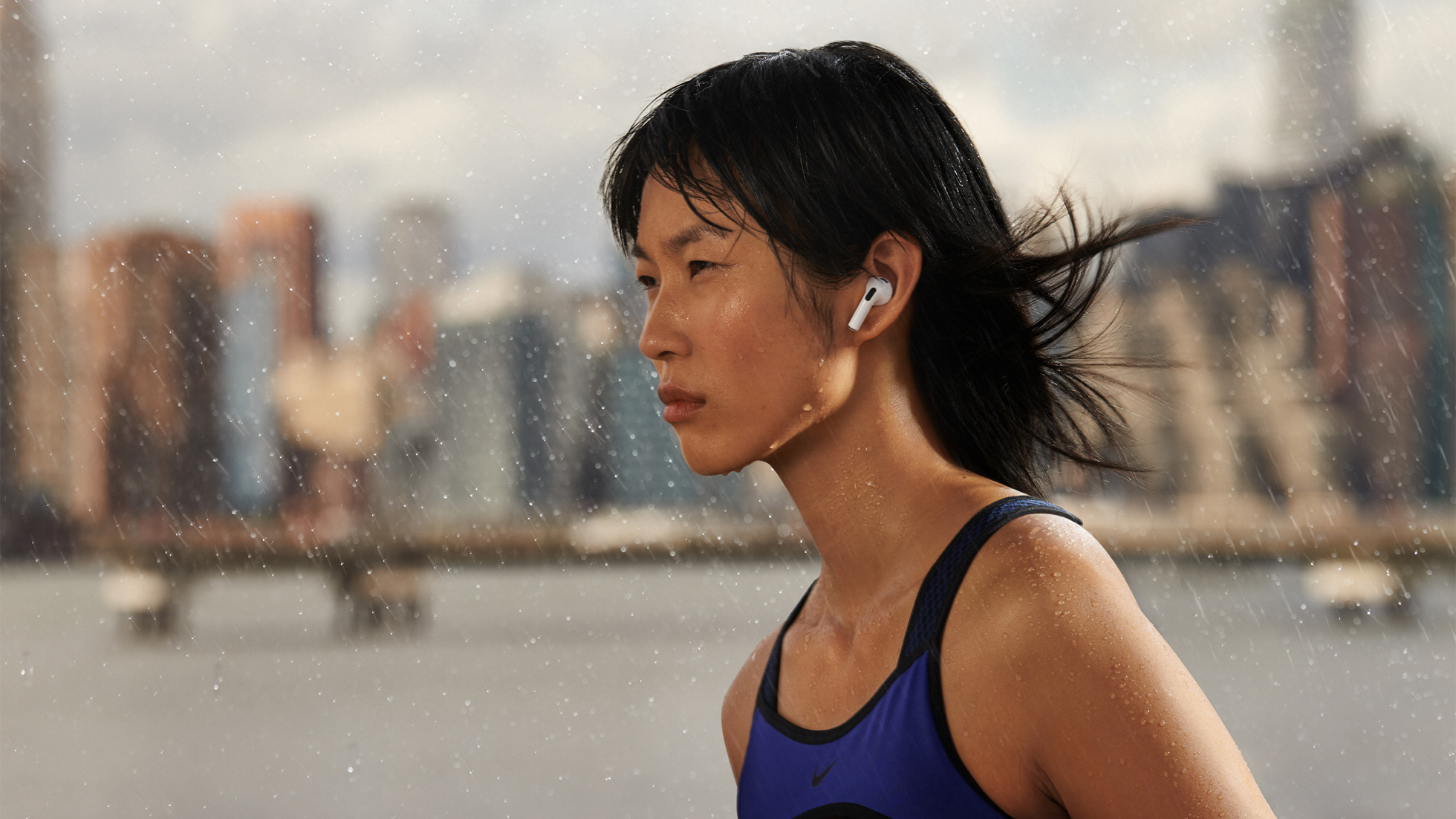Apple AirPods with cameras tipped for 2026 – it's not as weird as you think
Apple's camera-enabled AirPods have reportedly been given the green light for production


Get all the latest news, reviews, deals and buying guides on gorgeous tech, home and active products from the T3 experts
You are now subscribed
Your newsletter sign-up was successful
Quick Summary
Apple's experiments with camera-equipped AirPods could go into production by 2026, enhancing your Vision Pro experience and enabling you to control your kit with in-air gestures.
Back in February we reported that Apple was experimenting with little cameras inside its AirPods earbuds. And now a new report says that it's no longer experimenting: AirPods with integrated camera modules are scheduled for production in or before 2026.
That's according to respected analyst Ming-Chi Kuo, who says that the new AirPods are designed to be used in conjunction with the Apple Vision Pro and its successors "to enhance the user experience of spatial audio and strengthen the spatial computing ecosystem".
The example Kuo gives is of watching a video in a Vision Pro headset and moving your head to look in a particular direction; the AirPods will sense that movement too and adjust the spatial audio accordingly.
There's more to the use of cameras than just spatial audio, as fun as that sounds. It could also make your Apple kit easier to control.
Why in-ear cameras aren't as bizarre as they sound
According to Kuo, the new AirPods will feature an infra-red camera that's very similar to the receiver used by the iPhone and iPad's Face ID system. That's capable of detecting movement within its field of view, and as Kuo points out Apple has filed multiple patents around the use of in-air gestures to control interactions between us and our devices.
Although Kuo has focused mainly on the earbuds' use with Vision Pro, that headset is only a small part of Apple's wider ambition for what it calls spatial computing – and Apple isn't the only firm sticking cameras into headphones; Meta's at it too. As we reported earlier this year, Meta's "camerabuds" would have the ability to recognise things around you without you having to wear a headset at all. It seems likely that Apple is thinking along similar lines.
That has some interesting applications. For example it could enable future AirPods to be much more helpful for people with assistance needs, helping them avoid obstacles and move through the world more safely. And it could be another step towards a kind of everywhere computing where your wearable tech is aware of the world around you, using that information to make your personal digital assistant such as Siri much smarter and more useful.
Get all the latest news, reviews, deals and buying guides on gorgeous tech, home and active products from the T3 experts
Writer, musician and broadcaster Carrie Marshall has been covering technology since 1998 and is particularly interested in how tech can help us live our best lives. Her CV is a who’s who of magazines, newspapers, websites and radio programmes ranging from T3, Techradar and MacFormat to the BBC, Sunday Post and People’s Friend. Carrie has written more than a dozen books, ghost-wrote two more and co-wrote seven more books and a Radio 2 documentary series; her memoir, Carrie Kills A Man, was shortlisted for the British Book Awards. When she’s not scribbling, Carrie is the singer in Glaswegian rock band Unquiet Mind (unquietmindmusic).
